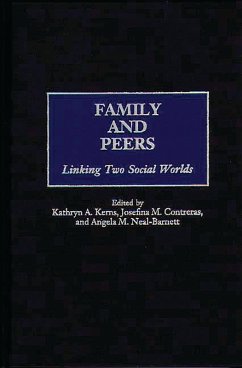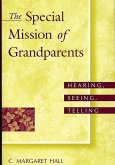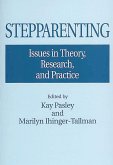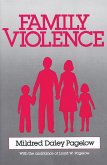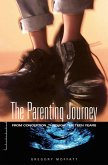Why is it that relationships with family members predict the quality of children's relationships outside the family? A wealth of research has documented that various aspects of family relationships are predictably related to the quality of children's interactions and relationships with peers. Understanding what account for these effects is important both for theories of children's relationships and intervention efforts to ameliorate children's peer relationship difficulties. This volume advances the field by discussing several mechanisms that may account for continuities across family and peer relationships. A variety of theoretical perspectives are represented in the book. For example, both learning and biological explanations are considered. Authors also note two key considerations in investigating family and peer relationships. First, it is necessary to consider the cultural context. The function and meaning of family and peer relationships may differ depending on what roles are played by these relationships in different cultural contexts. Second, it is necessary to consider the child's age. Developmental issues, such as concerns with establishing greater independence at the entrance to adolescence, will impact both family and peer relationships.
Bitte wählen Sie Ihr Anliegen aus.
Rechnungen
Retourenschein anfordern
Bestellstatus
Storno

